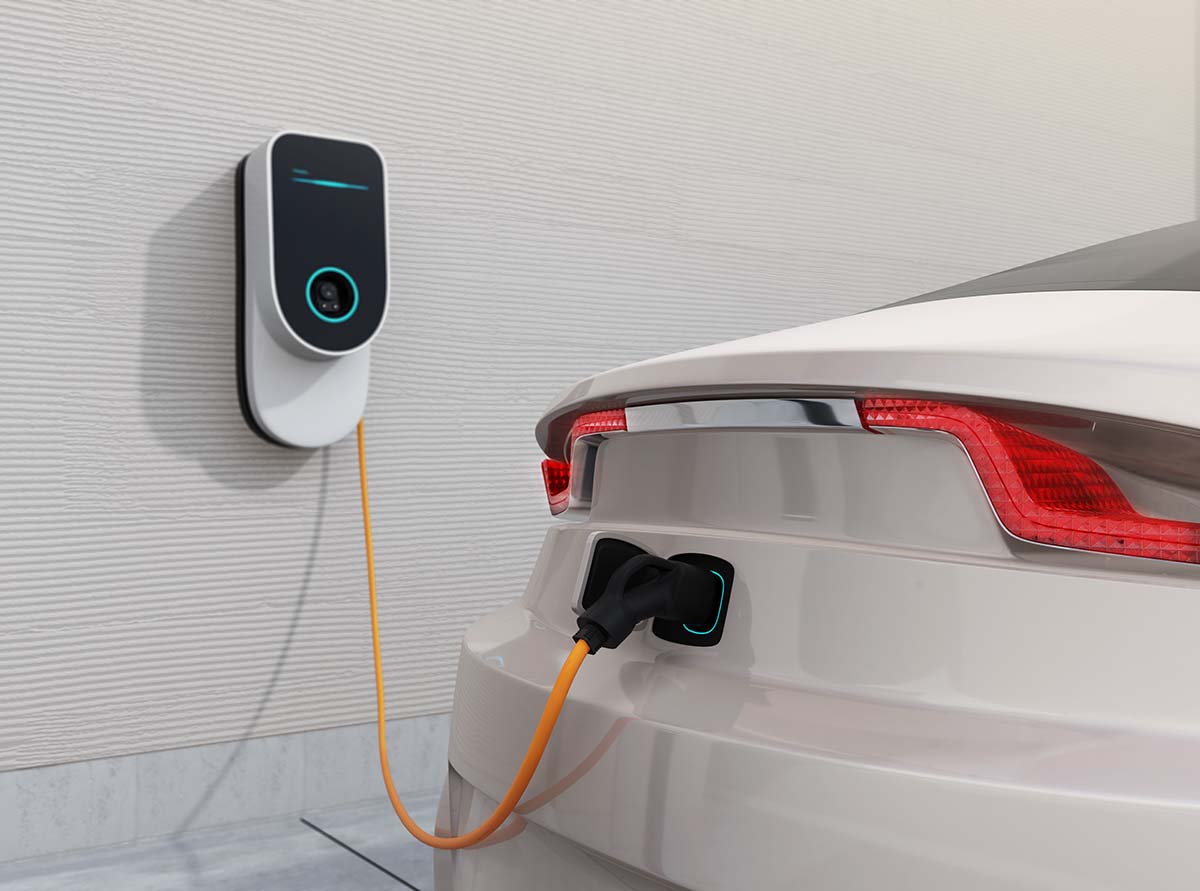With the rise of electric vehicles (EVs) more homeowners are considering the benefits of installing an EV charger at home. However, choosing the right charger can be a daunting task given the variety of options available.
This blog post will guide you through the key factors to consider when selecting the best EV charger for your home, ensuring you make an informed decision that suits your needs and lifestyle.
Understanding Your EV Charging Needs
- Driving Habits
Your daily driving habits play a crucial role in determining the type of EV charger you need. If you have a short daily commute or use your vehicle primarily for local trips, a slower charger may suffice. However, for longer commutes or frequent long-distance travel, a faster charger will be more beneficial.
- Vehicle Specifications
Different EV models have varying charging capabilities. Check your vehicle’s specifications to understand its maximum charging rate. There’s no benefit in purchasing a charger that exceeds your vehicle’s capacity, so choose one that matches your car’s requirements.
- Home Electrical System
Before installing an EV charger, it’s essential to assess your home’s electrical system.Ensure your system can handle the additional load and consult a licensed electrician to determine if any upgrades are necessary.
Types of EV Chargers
- Level 1 Charger
– Description: Basic chargers that use a standard 240-volt household outlet
– Charging Speed: Adds approximately 10-20 km of range per hour.
– Best For: Low-mileage drivers who can charge their vehicle overnight.
- Level 2 Chargers
- – Description: Require a dedicated 240-volt outlet and offer faster charging.
- – Charging Speed: Adds approximately 30-80 km of range per hour.
- – Best For: Most EV owners, as they offer a good balance of cost and efficiency.
- Level 3 Chargers (DC Fast Chargers)
- – Description: High-speed chargers typically found in commercial settings.
- – Charging Speed: Adds up to 300 km of range in about 30 minutes.
– Best For: Not generally recommended for home use due to high cost and power requirements.
For most homeowners, a Level 2 charger will provide the best combination of speed and cost-effectiveness.
Key Features to Look For
- Smart Features
Modern EV chargers often come with smart features such as Wi-Fi connectivity, mobile app control, and scheduling capabilities. These features can help you monitor and manage your charging, take advantage of off-peak electricity rates, and ensure your vehicle is always ready when you need it.
- Safety Certifications
Ensure the charger you choose is certified by relevant safety standards. Look for certifications like CE, UL, or ETL, which indicate the charger has been tested and meets safety requirements.
- Warranty and Support
A good warranty and reliable customer support are essential. Look for chargers that offer at least a 3-year warranty and come from manufacturers known for their customer service. This ensures you have support if you encounter any issues.
Installation Considerations
- Professional Installation
Hiring a licensed electrician for the installation is crucial. They can assess your electrical system, install the necessary wiring, and ensure the charger is installed safely and correctly.
- Location
Choose a convenient and accessible location for your charger, ideally close to where you park your vehicle. Consider the length of the charging cable and ensure it can comfortably reach your car’s charging port.
- Permits and Regulations
Check with your local council to determine if you need any permits for the installation. Your electrician should be familiar with local regulations and can help you navigate the permitting process.
Choosing the best EV charger involves understanding your driving habits, vehicle specifications, and home electrical system.
By considering the different types of chargers, key features, and installation requirements, you can make an informed decision that enhances your EV ownership experience.
With the right charger, you’ll enjoy the convenience, cost savings, and environmental benefits of charging your vehicle at home.
